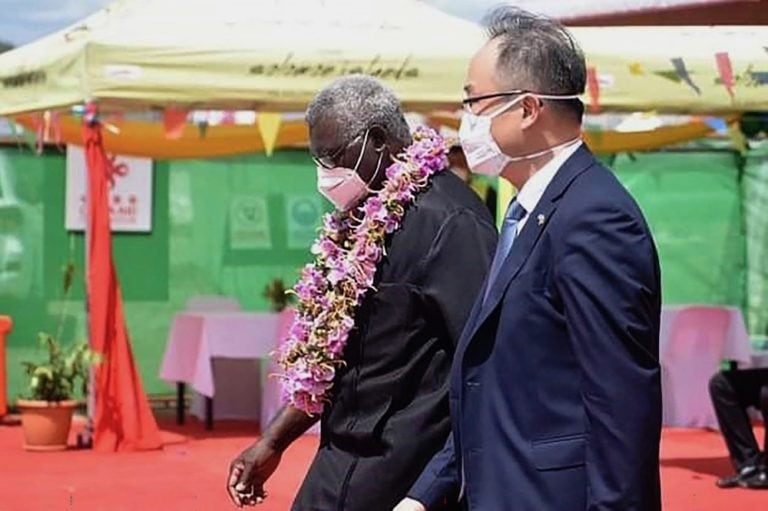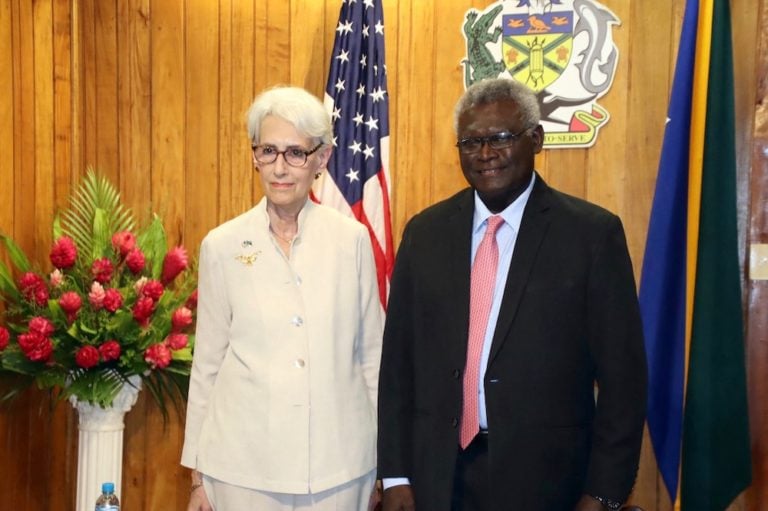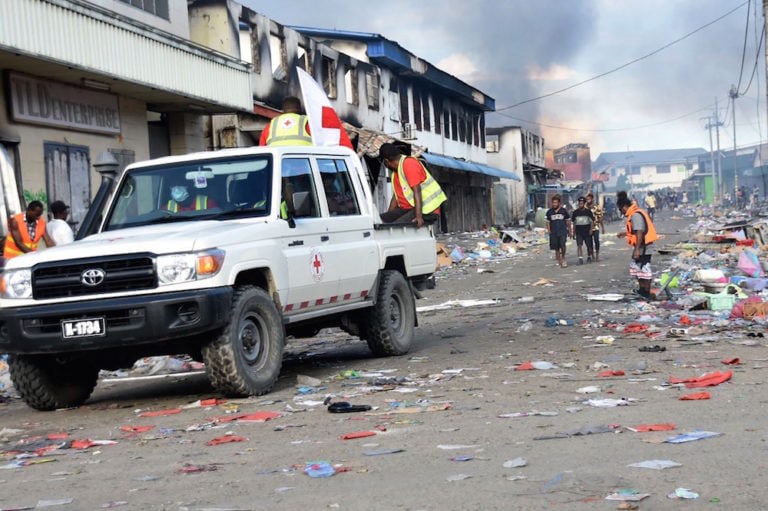(PINA/IFEX) – On 6 July 1999, PINA urged the Solomon Islands government to lift restrictions imposed on the media under a state of emergency. PINA said these restrictions date from colonial times and are not appropriate for a modern democracy. **Updates IFEX alerts of 5 July, 2 July, 30 June and 3 February 1999** PINA […]
(PINA/IFEX) – On 6 July 1999, PINA urged the Solomon Islands government to
lift restrictions imposed on the media under a state of emergency. PINA said
these restrictions date from colonial times and are not appropriate for a
modern democracy.
**Updates IFEX alerts of 5 July, 2 July, 30 June and 3 February 1999**
PINA said they are also in serious breach of Article 19 of the Universal
Declaration of Human Rights which says: “Everyone has the right to freedom
of information and expression; this right includes freedom to hold opinions
without interference and to seek, receive and impart information and ideas
through any media and regardless of frontiers.”
PINA understands that in the Solomon Islands, like in many other parts of
the Pacific, much of this draconian “emergency powers” legislation has been
in place from colonial times. It calls on the governments of the region to
exercise the extreme powers handed to them by this legislation with caution.
PINA said it is sad to see media restrictions like this imposed in a country
which has one of the best records for media freedom in the region.
Open debate and clear credible communication are essential in times of
national disaster or civil unrest. Remove it and the media are replaced by
rumour and speculation which can only make matters worse, PINA said.
Background Information
On 28 June 1999, the Solomon Islands government introduced emergency powers
restricting media reporting amidst ethnic conflict which has led to the
declaration of a state of emergency. Those convicted of breaching the
emergency restrictions can be jailed for up to two years and fined up to
$Solomons 5,000 (approx. US$1,035). The restrictions forbid printing,
broadcasting or communicating information which incites violence or is
likely to cause racial or communal disharmony. They also forbid printing,
broadcasting or communicating information “prejudicial” to the safety or
interests of the state, or likely to cause “disaffection” with the
government, or “hatred of contempt” for the administration of justice or
national security. The powers also restrict the printing, broadcasting or
communicating of information from official documents.
The state of emergency follows growing ethnic conflict on the island of
Guadalcanal, where Honiara, the Solomons Islands capital, is located. A
Guadalcanal militant movement is trying to drive out people who come from
another major island, Malaita. The movement is claiming that Malaitans
dominate government and business and are increasingly occupying the lands of
the Guadalcanal people. Thousands of Malaitans have fled back to Malaita
following a series of attacks by the militants. Honiara became the capital
of the then British Solomon Islands after Word War Two. It grew from a base
and port built by United States forces during the battle to retake the
Solomon Islands from the Japanese.


